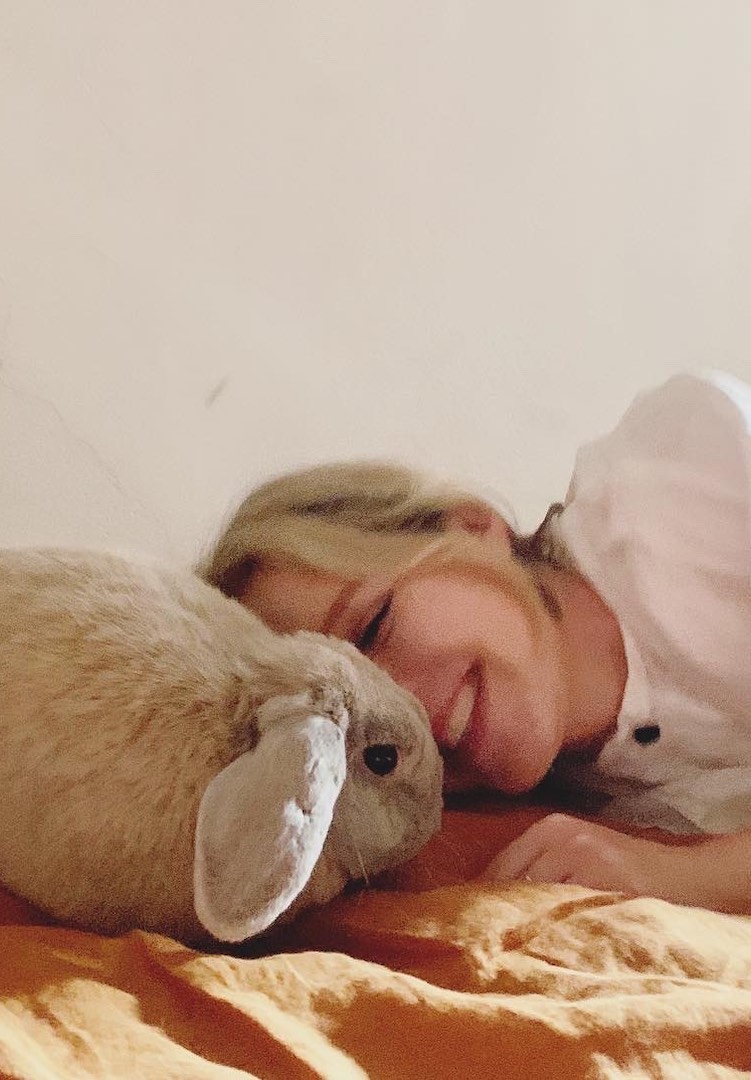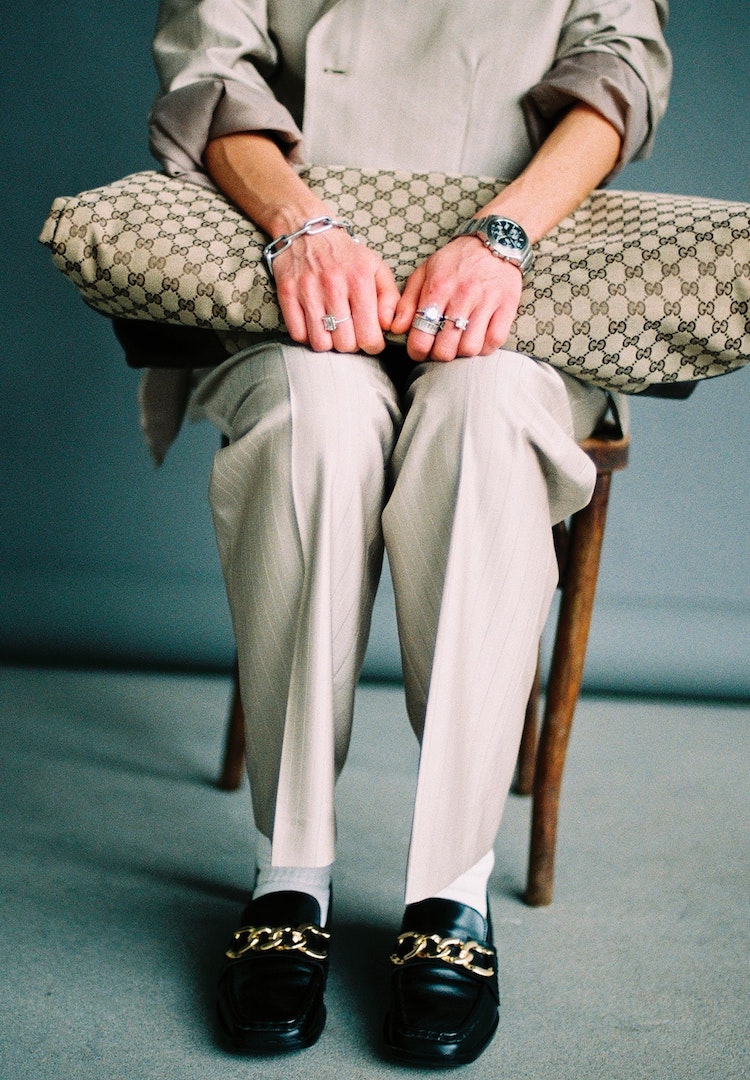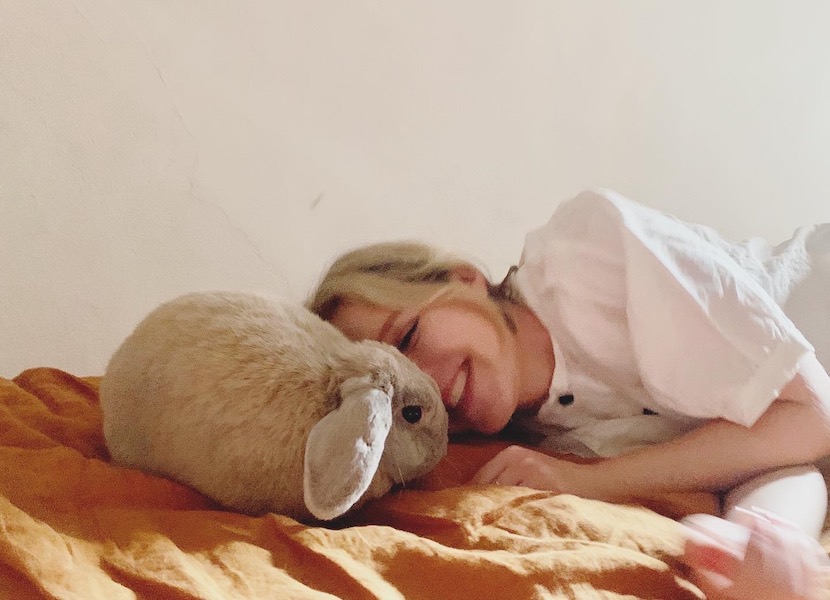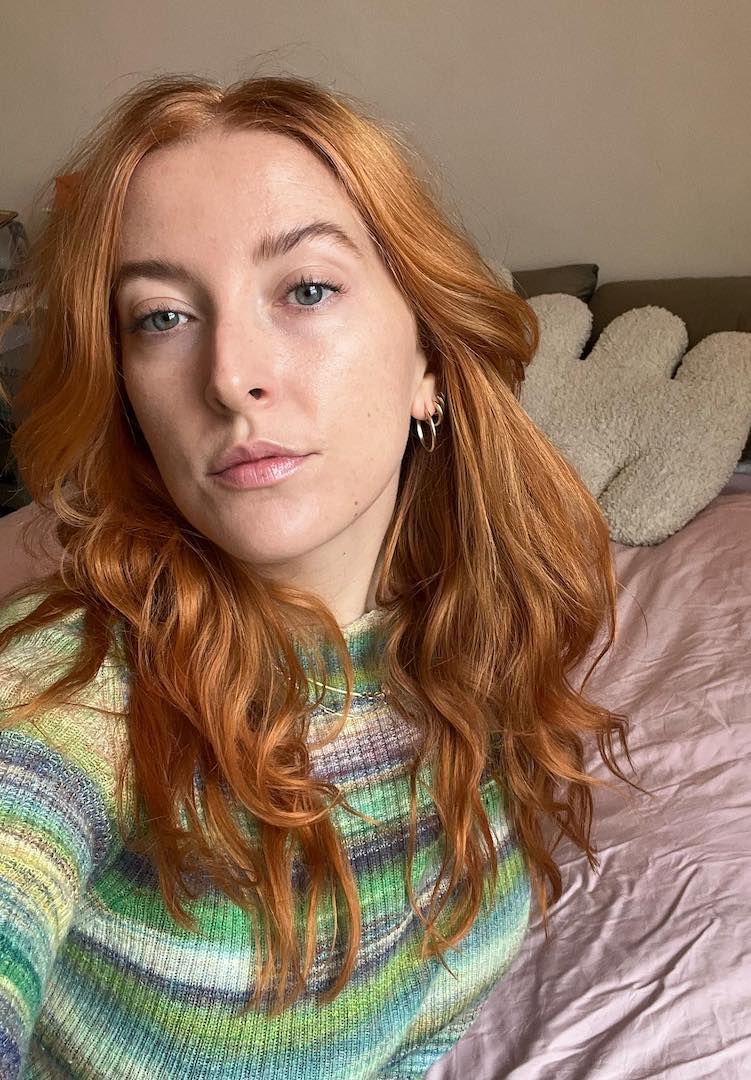How to cope with the grief of losing a pet
Words by Kate Streader
“Humans have the capacity to let us down, scare us and break our trust and so, for some, a relationship with a pet may be the safest one they have ever experienced.”
“Anyone who loses a pet understands how hard that loss can be. Who else shares our bed, the couch, bathroom time, meals? The absence of a pet is often felt more strongly than the absence of a person because we often share more physical space with a pet throughout each day and week than we do with most of the humans in our lives.”
Those are the words of thanatologist Coel Imperi on an episode of Ologies with Allie Ward about death, grief and mourning. Hearing that perspective on losing a pet a month after the death of my rabbit, Henry, brought validation to the intense grief I was feeling.
Looking for more thought-provoking reads? Try our Life section.
Pets bring so much joy to our lives – petting them alone releases dopamine and oxytocin in our brains. The bond we share with our pets is unmatched; it’s perhaps the only relationship in our lives in which the love we receive is unconditional. Yet losing a pet for the first time in my adult life showed me how little empathy or understanding the death of a pet is often met with.
When you lose a human member of your family, nobody asks if you’ll be replacing them soon or acts surprised if you need time off work or study to grieve, but when a pet passes, these reactions become fair game.
“Society doesn’t see the impact of losing a pet as significant as the loss of a human,” says Gaynor Connor, psychotherapist and counsellor at The Indigo Project, a progressive online therapy practice. “In general, the life of an animal is seen as less valuable. We can literally put a price on our pets, and this can make them seem like a belonging that is interchangeable and easily replaced.
“Social stigmas leave us feeling shamed around our feelings and, what we feel shameful about, we hide. This can lead to a more complicated and lengthier process of disenfranchised grief. This is a grief that we do not feel we have the right to and so do not publicly mourn, meaning we can miss out on the support and empathy that is so vital for post-traumatic growth and healing,” she explains.
For the entirety of our time together, Henry was my little shadow, hopping behind me wherever I went. And although he wasn’t a particularly affectionate pet, he was content just being near me.
He’d snuggle up on the end of my bed at night, jump up on the couch next to me while I was watching TV or stretch out on the floor in front of me. He’d even hop around my feet and poke his head through the leg holes in the underwear around my ankles while I was sitting on the toilet. After he was gone, I felt his absence everywhere.
“The grief of losing a human is complicated by the relationship we have with them. We will have had good times and bad times, but our relationships with our pets are not subject to these kinds of ups and downs. As a therapist, I have never heard, ‘I’m just not getting along with my dog at the moment!’,” says Gaynor.
“So, we have quite idealised relationships with our pets. They are always pleased to see us, even if we were only gone for ten minutes, they seem to never get sick of us, walks and treats are always met with the same enthusiasm and [it] never seems to wear thin. They put few demands on us and are easily pleased, allowing us to feel that we measure up just as we are.
“Humans have the capacity to let us down, scare us and break our trust and so, for some, a relationship with a pet may be the safest one they have ever experienced. No wonder we would grieve the loss of such loyal, agreeable, non-judgemental allies,” she adds.
Gaynor says the reason we feel so connected to our pets, even though we can’t communicate with them as we can with other humans, is the leading theory of the ‘baby schema’ effect. When we see and interact with pets, our brains dispense the same chemicals that are released when we look at babies or fall in love.
“We’ve long understood the soothing power of petting a dog, the release of oxytocin (in both pet and human) and the drop in stress hormones. The advancement of the polyvagal theory reinforces pets’ ability to stimulate our social engagement system (through play) and to re-engage a traumatised nervous system. Our pets provide a sense of safety and co-regulation that we may not be getting elsewhere in our lives.
“We have even bred our pets to have the same attributes as babies; big heads, big eyes and soft, rounded bodies, which all trigger a nurturing response in us humans. And just like real babies, they are completely dependent on us, giving us a sense of being needed,” says Gaynor.
This sense of feeling needed, as well as the routines we’d built together, made up a big part of the hole losing a pet left for me. Before Henry died, each morning I’d have to get up to feed him and change his litter box. I’d wake up to the sound of his little paws bouncing around on the floorboards and, if I was taking too long to give him his breakfast, he’d start tearing up the cardboard boxes I’d scatter around the house for him to destroy.
After he died, there was nobody relying on me to get up in the morning. No more of those familiar little sounds from the next room. The grief combined with the absence of that motivation made it so much harder to get out of bed. The house, and my life, just felt empty without him.
“Pets give us a reason to get out of bed in the morning and may be our lifeline to the outside world, through the walks and chats that we have with other owners. So, we can lose our sense of belonging when we lose our pet,” explains Gaynor.
“Keep up the old routines, such as walks, you had become used to as a way of honouring your pet and to keep some structure in your day,” she recommends. She also suggests reaching out to someone you can talk to, whether that’s a friend who has experienced this kind of grief, a pet loss group or a therapist.
“Allow yourself to grieve without judgement. You may not just be grieving the loss of your pet, but also the loss of meaning and purpose that they brought to your life, and both are vital for good mental health.”
“We can be very afraid of our emotions or think that they are a burden to others and so we try to push them away, but avoiding our emotions is detrimental to our mental health. Allow yourself an allocated time to grieve for 20 mins each day so that your grief is not continually just under the surface.”
Gaynor also suggests finding some way to honour your pet – “It might involve a ceremony or ritual, or you might get a loved photo framed and kept on display.” – and not rushing to fill the hole the loss of your pet has left.
“Allow enough time to grieve before getting a new pet, or you may find yourself making comparisons. Be aware that a new pet will have their own individual personality, so be open and curious to all the new little quirks that you will discover.”
For more advice on coping with the loss of a pet, head here.













